The Campus Journalism Act has been enforced since 1991, yet the repression of the campus press still perpetuates throughout the country.
Around seven months ago, the entire nation was devastated by the Maguindanao Massacre, which left 57 people ruthlessly killed and slaughtered by local politico-warlords. Out of the casualties, at least 30 individuals were identified as journalists.
This gruesome event resulted to the Philippines being tagged as the “worst place to be a journalist,” kicking Iraq out of the top spot.
The massacre might have shed light on the plight of the press in our country. However, such repressions of the press seem to not only apply to the professional field; campus writers suffer from the same plight as well.
According to the College Editors Guild of the Philippines (CEGP), the number of cases of campus press repression remains high, with 254 reported incidents last year.
“The [state] of the campus press freedom is dismaying,” says CEGP National President Trina Federis.
She points out that the repression continues even with the implementation of the Campus Journalism Act of 1991.
RA 7079
Also known as Republic Act 7079 (RA 7079), the Campus Journalism Act of 1991, was ratified under the administration of the late President Corazon Aquino. The act requires the government to hone the journalistic skills of primary, secondary, and tertiary school students by promoting student-run campus publications.
CEGP worked hand-in-hand with former Senate President Jovito Salonga to push for the passage of the act. “[We took] part in the drafting of the bill, hoping that the enactment of such will cease violations on campus press freedom,” says Federis.
However, many campus journalists today find the bill outdated, such as Angel Bombarda, Editor-in-Chief of De La Salle Universty’s official student newspaper, The LaSallian.
“Times have changed. [That was] 1991; it’s [now] 2010,” she says. She points to the ambiguity of the act as one of its biggest flaws.
‘Independence’ questioned
According to Political Science Department Chair Anna Maria Salvador, laws are supposed to be broad to provide space for manuevering. While RA 7079 defines certain terms, Salvador points out a problem in the definition of ‘student publication’, which the law refers to as “the issue of any printed material that is independently published by…the studentry.”
“The author of this act may have left the definition of the word ‘independent’ to the agencies that will implement this act. Thus, it is not defined,” says Salvador.
The Philippine Collegian editor-in-chief Pauline Gidget Estrella asks, “Does that mean ‘free in terms of content,’ or ‘[free] from complete possible administrative interference?’”
The Philippine Collegian is the official student publication of the University of the Philippines Diliman.
Salvador, however, points out that the definition can be surmised by reading through several provisions. “Needless to say, independence does not mean total freedom from any administration.” Salvador adds that the act should have at least named the things that campus journalists are free or not free to do.
‘A guiding office’
Certain provisions of the Act describe the functions of an adviser and a guiding office. Federis claims that such arrangements allow for violations of publications’ independence.
However, Loyola Schools Office of Student Afairs (OSA) Director Christopher Castillo believes that a publication’s independence lies primarily with the content, since the decision on what to write lies with the writers.
“[OSA] cannot touch the content, but we can comment on the form and on how you say it,” he says.
Bombarda thinks the same principle is being followed in the case of The LaSallian. “[The Student Publications Office (SPO)] lets us do our job. They don’t ask us to have them check the issue before publication.”
According to Bombarda, SPO serves as the ‘middle man’ between The LaSallian and the administration. Bombarda recounts an incident years ago when the SPO mediated between the then editor-in-chief and a school administrator who threatened to file a libel suit.
Unlike The LaSallian and The GUIDON, the University of Santo Tomas’ The Varsitarian is not placed under any office.
Former Varsitarian editor-in-chief Emil Karlo Dela Cruz, however, says that their publication has to choose an adviser and an assistant adviser from a list forwarded by the University Rector.
Money matters
Funding issues also threaten independence. Castillo says that in the Ateneo, the three student publications – The GUIDON, Matanglawin, and Heights – follow a policy which the Sanggunian and the Council of Organizations of the Ateneo also adhere to.
First, the Confederation of Publications (COP) – to which the three publications belong – presents budget proposals to the OSA. The approved proposal and other pertinent documents are forwarded to the offices of the Associate Dean for Student Affairs and the Vice President for the Loyola Schools. Afterwards, the lump sum proposed by the COP will be set aside through the collection of the publications fee from students during registration.
Castillo, however, clears out one thing: “The Ateneo cannot say that we will not release your budget if you [report on a certain topic]. That has never happened and that will never happen.”
However, Salvador thinks that this may not be the case in other universities.
“The model of expression of freedom in the Ateneo de Manila is not necessarily a representation of the state in other universities…primarily because of the differences in how [other university] administrations forge a relationship with [their] students.”
Silencing perspectives
For years now, CEGP has documented cases wherein university administrations interfere with the release of funds for the student publication.
Estrella recounts how back in 2006, when a 300% increase in tuition and other fees was approved by the UP administrators, the administration withheld The Philippine Collegian’s funding.
“They held our funds because they know that we will definitely write a critical article on the issue,” Estrella explains.
She notes that a much more harsh situation exists in their sister campus, UP Los Baños (UPLB).
For years now, UPLB Chancellor Luis Velasco has ordered that the collection of a publications fee shall not be carried out. Thus, UPLB’s official student paper, Perspective, has not been printing issues.
“Perspective…is really under assault,” says Estrella. “There was a time when [it] was only five pages, notebook-sized, and photocopied.”
Federis attributes the existence of such cases to the ambiguity of RA 7079.
“Upon passage of the law, a number of student publications were shut down due to the non-collection of the publication fee.”
Federis explains that RA 7079 says, “Funding for the student publication may include the savings of the respective school’s appropriations, student subscriptions, donations, and other sources of funds.”
The provision is usually interpreted as saying that the collection is non-mandatory; hence, a lot of schools opt to no longer collect the fee.
“This tactic is usually used by school administrators to silence progressive papers,” she says.
Toothless
The increasing occurences of campus press repression leads Federis to believe that RA 7079 is a paper tiger in extreme lack of teeth.
“Campus press freedom violations continue unabated due to the fact that the bill is toothless. The perpetrators [of the repression] continue to do as they please.”
Because of this continuing curtailment, Kabataan Party-list Representative Mong Palatino has recently been pushing for amendments to the act.
In his party’s website, he says, “School administrations are able to commit offense after offense yet suffer no retribution due to the lack of penalty clause [sic].”
While waiting for future developments, Federis says that upholding campus press freedom should start within the universities.
“We pose this challenge to school administrators,” she declares. “If you really care for the student journalists, then make their life easier by upholding campus press freedom.”
With reports from Niko S. Lok
THE POWER OF THE CAMPUS PRESS
NOWADAYS, INFORMATION is power, and media is its custodian. As such, campus journalism is given a great potential for effecting change. The following examples illustrate how this paradigm of the media is applied in a campus setting through the particular experiences of UP, UST, and La Salle’s respective student publications.
With reports from Niko S. Lok




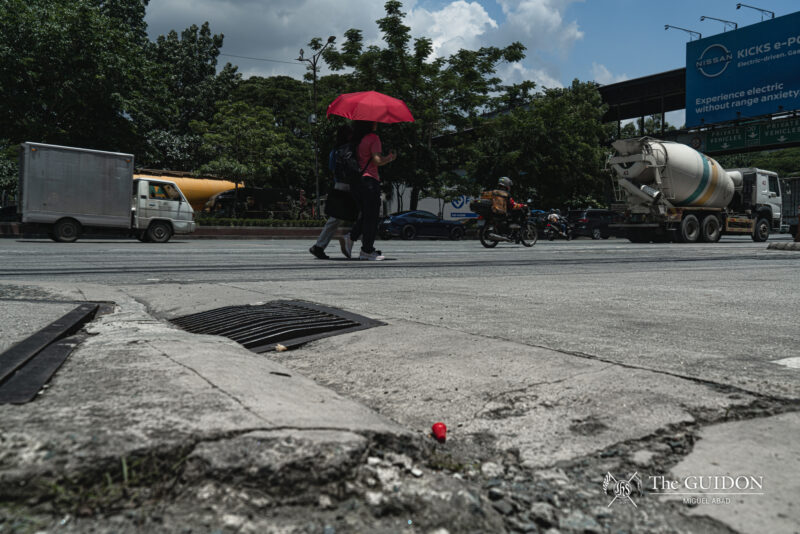

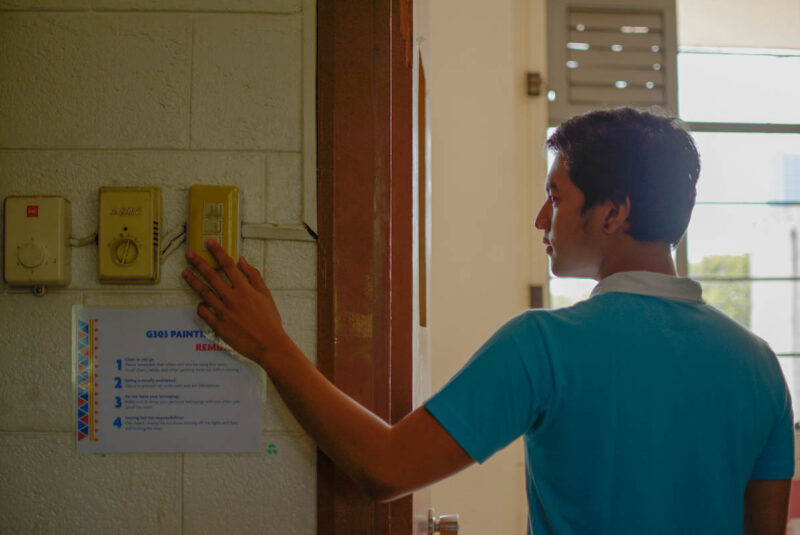
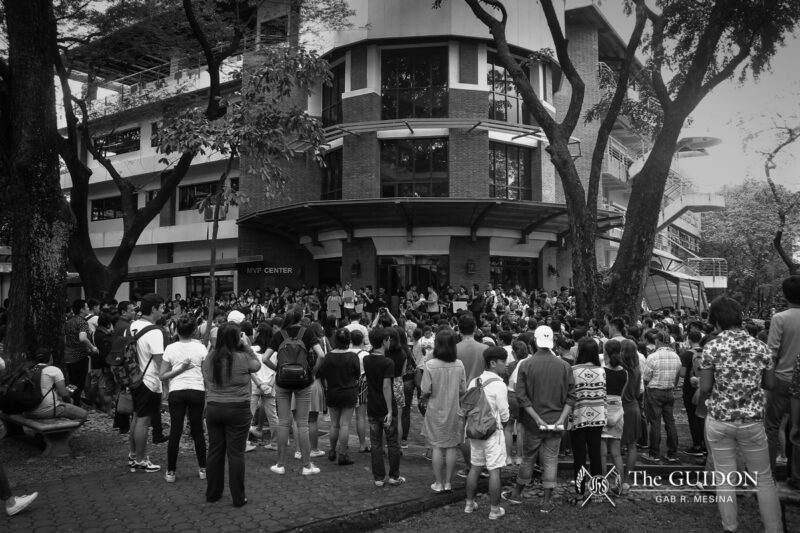
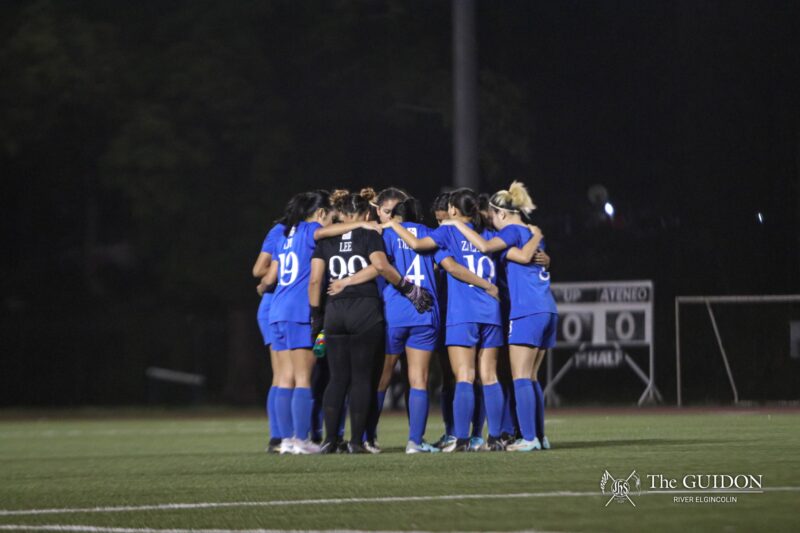
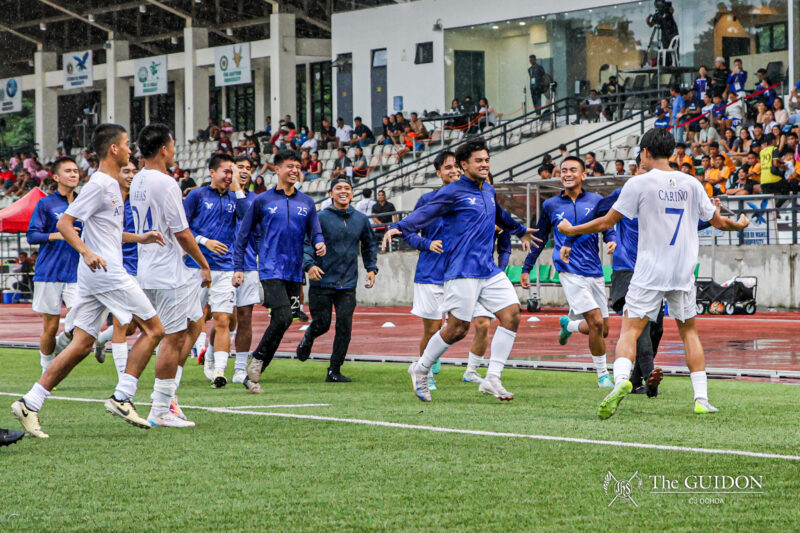
Is The GUIDON even a member of the CEGP?
And erratum over there: the Philippine Collegian EIC is “Estella,” not “Estrella.”
Hello Mr. de la Fuente. Luther Aquino here, editor of The GUIDON’s Inquiry section. Yes, our publication is a member of the CEGP, and is in fact one of its founding members. We have been inactive for a while now, though.
Apologies for the oversight you pointed out.